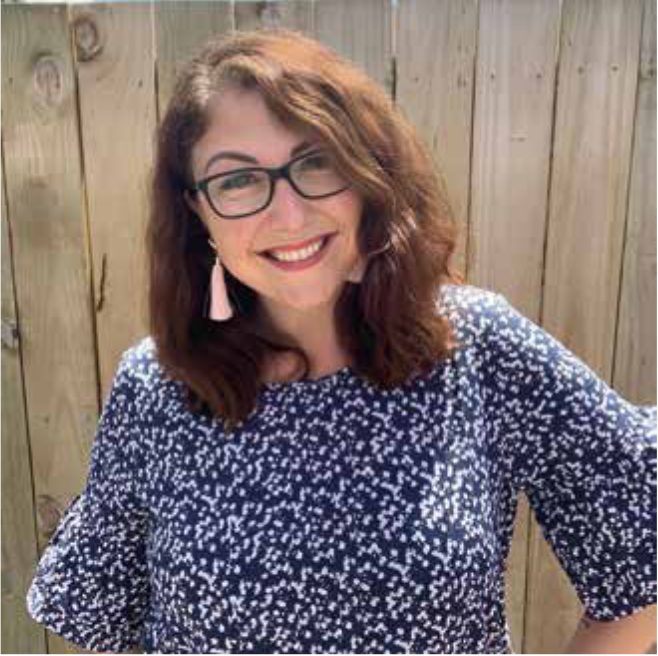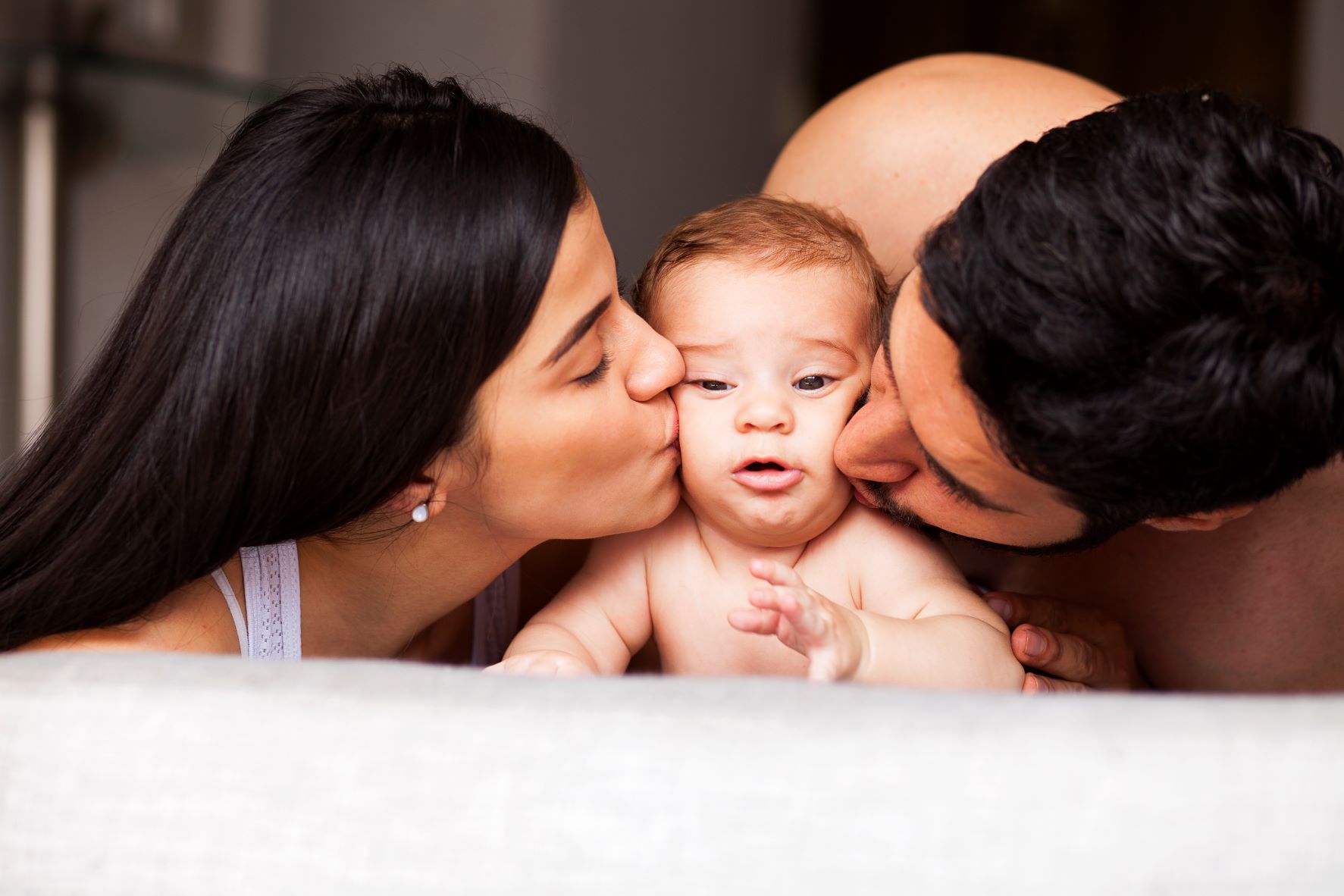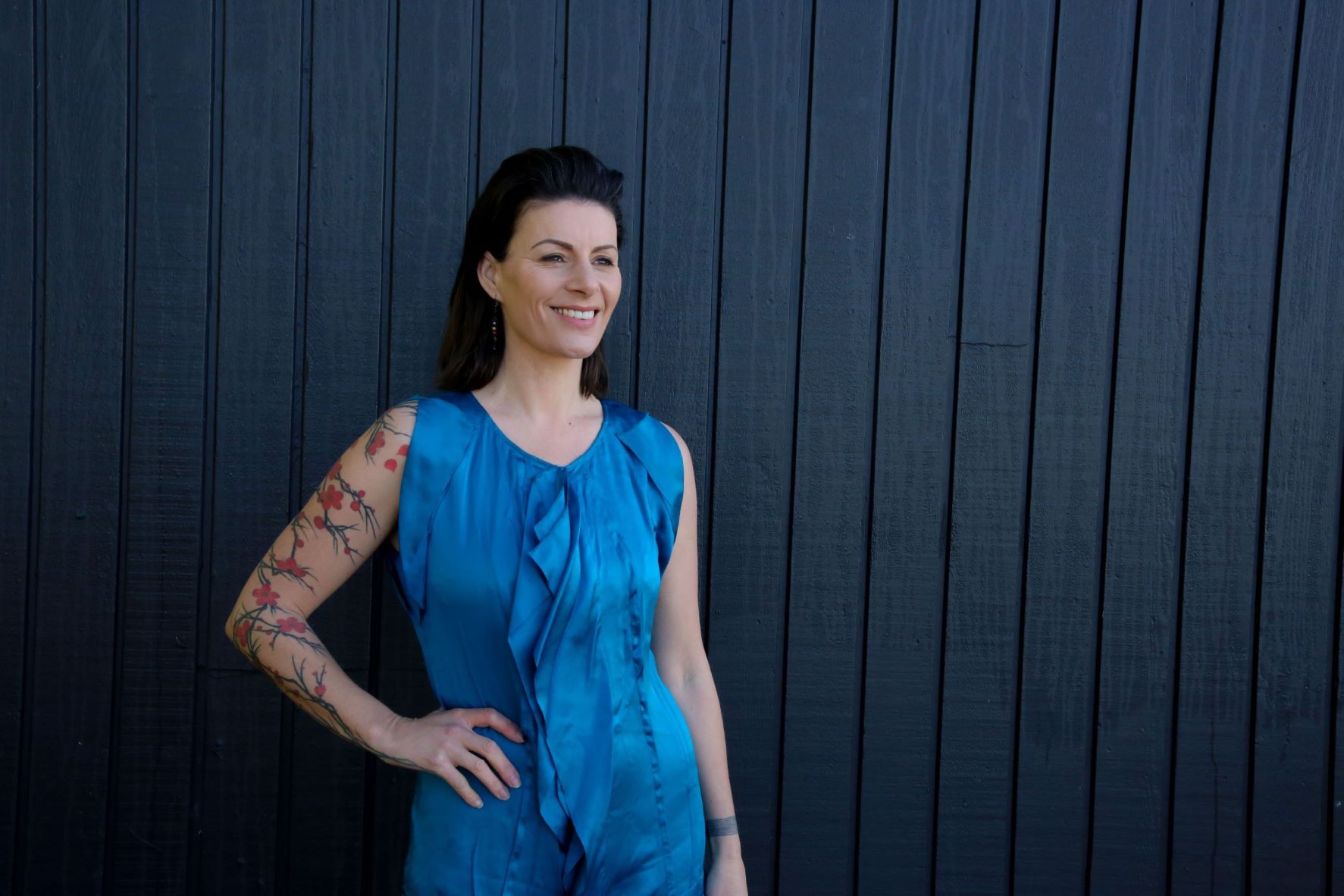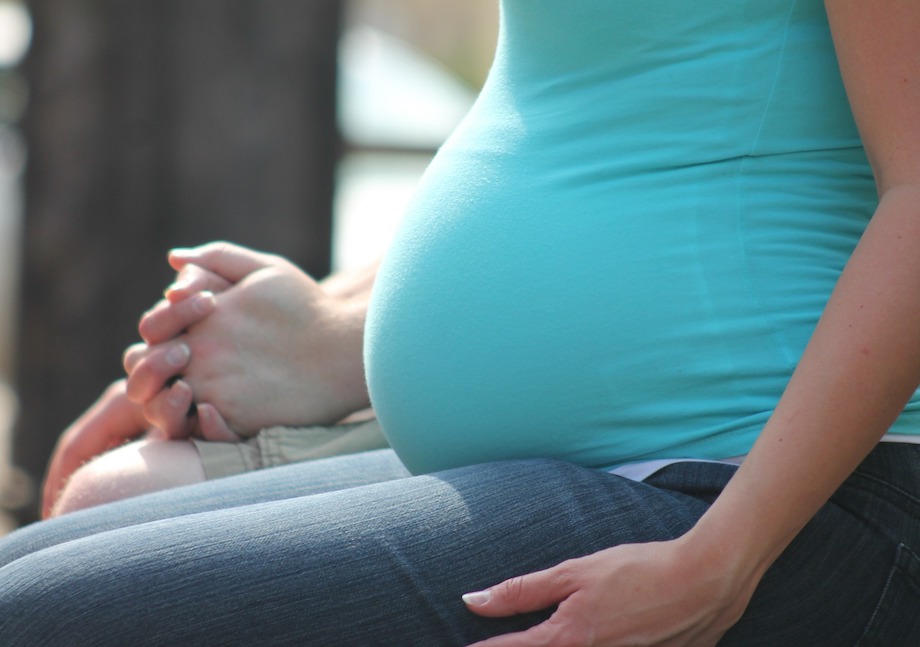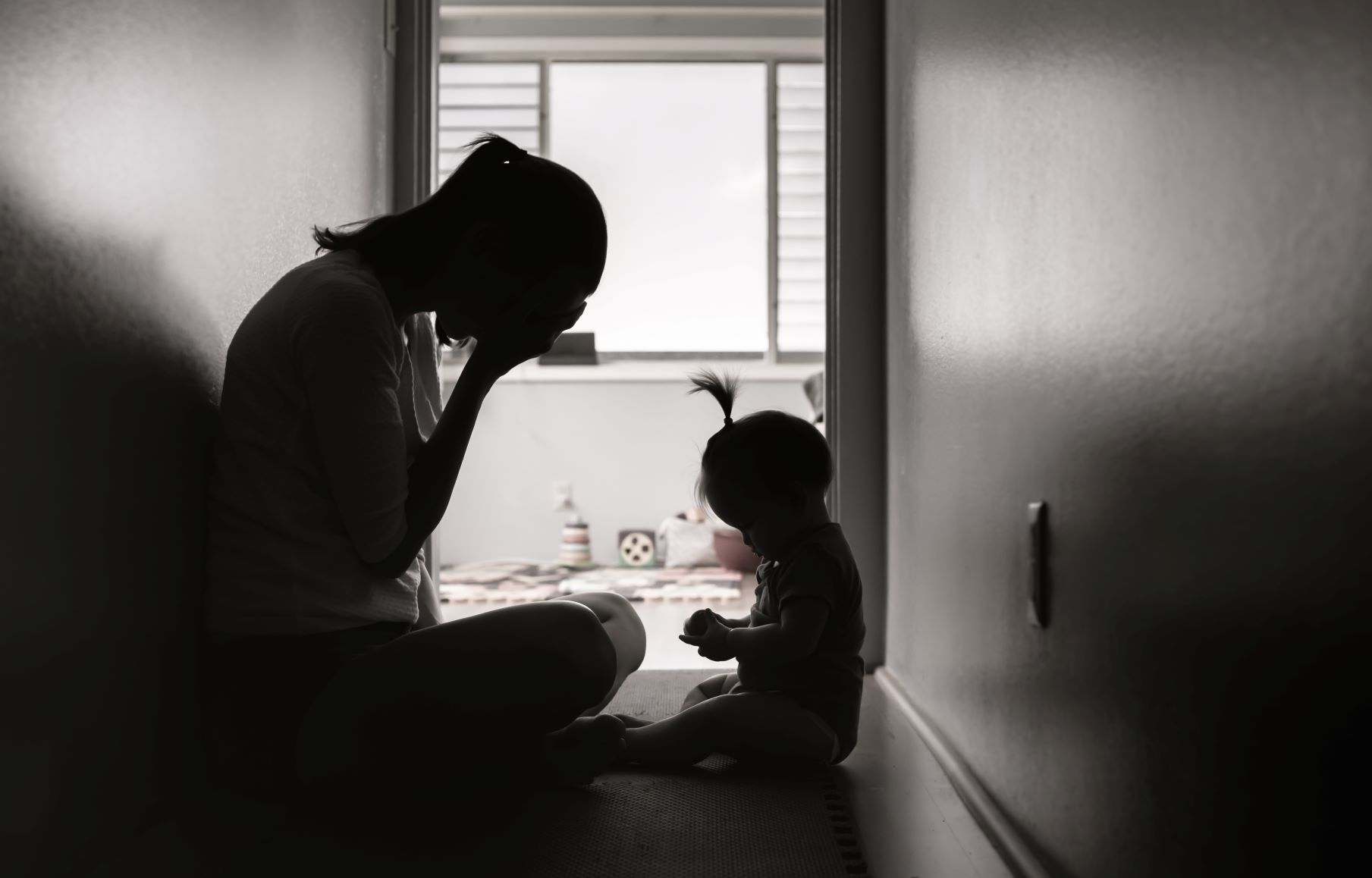
There’s never a right or wrong time to talk about depression; in fact, the more we talk about it, the less stigma there is about it.
Admitting you have postnatal depression (PND) does not mean you are weak. In fact, it’s the exact opposite.
Admitting it is the first step and is an incredibly brave thing to do. It basically means you’ve been struggling for so long you can no longer do it alone and need help.
Whether you take medication or not, to start on the path to becoming yourself again means you are an incredibly strong and brave mother (or father) for looking after yourself.
Even though a lot of people will say that their baby or their children are everything to them, and that they should be the number one focus, I wholly believe the parents should actually be the number one focus.
You can’t parent properly if you don’t look after yourself
You are a better parent when you look after yourself, and having PND takes a piece of you away. In my case, it turned me into someone that wasn’t me. When I admitted to myself, my husband and my doctor that something wasn’t right, I felt like I had truly taken a step in the right direction.I took medication from the time my daughter was six months old, right through my next pregnancy, and now several years on, I am still taking medication. In fact, I am sure I just have straightforward depression now as my youngest is five years old.
Taking medication, for me, was the best decision I ever made. But whatever you decide, just know that you are incredibly strong and brave for doing it. Whether you have support or not, talking to someone about your struggles is truly an amazing step.
Asking for help is a sign of strength
Asking for help isn’t easy. It means we must admit we’re in a position where we need it, and as dumb as it sounds, often human beings view needing help as a sign of weakness.
Well I’m here to tell you, it’s not. Asking for help shows strength, not weakness.
Asking for help means you’ve struggled for so long you can no longer do it alone. It shows you are wise. Not weak.
I have always been the first to admit I can’t do this parenting thing alone.
My husband often works late at night, meaning I have to look after the kids during “witching hour” (which is between 5pm and 7pm here). After looking after them all day, having to deal with cranky, hungry and tired kids gets me down. I’ve always maintained that the night stuff is the hardest for me. By the end of the day, I need help.I’d been saying it for years to my husband, and one day I just broke.
Now before I go any further, I need to say that I understand a lot of parents deal with this kind of thing every single day when they are parenting alone. And I applaud you. I bow to you – I think you are amazing. However, this is my struggle and it in no way is meant to diminish that of the single parent.
There was this one time I just couldn’t do it anymore. It was the 20th day I had both kids in my care and looked after them until bedtime through witching hour. My daughter was usually at kindergarten, but she had been sick, so, prior to the school holidays, she was home for over a week. During these 20 days, my husband had worked past 7pm for eight of them, and the rest of the time he was in Russia.
After this period, it was very clear to me that my children need to be separated – by kindy, or other activities – because they had fought for almost three straight weeks.
That particular day proved the tipping point for me. We travelled out to Butterfly Creek in Auckland and not even 45 minutes after we got there we had to leave because they just wouldn’t stop fighting. I felt defeated.
I text messaged my husband at 4:30pm and said, “I need you to come home, I can’t do it anymore.”
Unfortunately, he didn’t get the message, which to be honest, didn’t help … but he has his own life and job and was busy at the time, so I understand.
I felt like a zombie through dinner, bath time, and putting the kids to bed – then my husband came home early. And he had this to say to me: “I am here. I have changed my hours this week so I can be with you and help”.
And I cried. Oh yes, I did the ugly cry. Because I was so grateful. I was grateful to my husband for hearing my call for help. I was grateful to his work for obliging and letting him be flexible in his hours. I was just grateful knowing I didn’t have to dread 5pm and do it all alone again.
Please don’t be afraid to ask for help. Even if it feels like it gets you nowhere. You never know who might be listening, and you’d be surprised at the number of people out there who genuinely want to help.
To all you parents out there who don’t have close family to help or friends that can assist, I am sorry. It can’t be easy, and I know a lot of you have no choice but to continue through – I have a huge amount of admiration for you.
However, if you are truly struggling, please still ask for help. Talk to your midwife, your GP or your Plunket nurse. Or someone at work or an ECE teacher or a friend. As I said above, you’d be surprised who might hear you and help.
If anyone says to you that you are less of a person because you have a mental illness, believe me when I say you are more than they will ever be because you have struggled and come out the other side. Admitting it is the first step to coming out that side, which means you’re a wonderful person.
WELL DONE TO YOU! You are braver than you know.
If you need to get help of any kind
- PADA (Perinatal Anxiety and Depression Aotearoa) website with resources and information for whānau suffering perinatal distress www.pada.nz
- Lifeline (open 24/7) – 0800 543 354
- Depression Helpline (open 24/7) – 0800 111 757 www.depression.org.nz
- Ministry of Health Healthline (open 24/7) – 0800 611 116
- Samaritans (open 24/7) – 0800 726 666 www.samaritans.org.nz
- Suicide Crisis Helpline (open 24/7) – 0508 828 865 (0508 TAUTOKO). This is a service for people who may be thinking about suicide, or those who are concerned about family or friends.
- Youthline (open 24/7) – 0800 376 633. You can also text 234 for free between 8am and midnight, or email talk@youthline.co.nz
- 0800 WHATSUP children’s helpline – phone 0800 9428 787. Online chat is available from 7pm to 10pm every day at www.whatsup.co.nz
- Rural Support Trust – 0800 787 254 (0800 RURAL HELP) www.rural-support.org.nz
- Alcohol Drug Helpline (open 24/7) – 0800 787 797. You can also text 8691. www.alcoholdrughelp.org.nz
- Mental Health Foundation has a free resource and information service www.mentalhealth.org.nz
